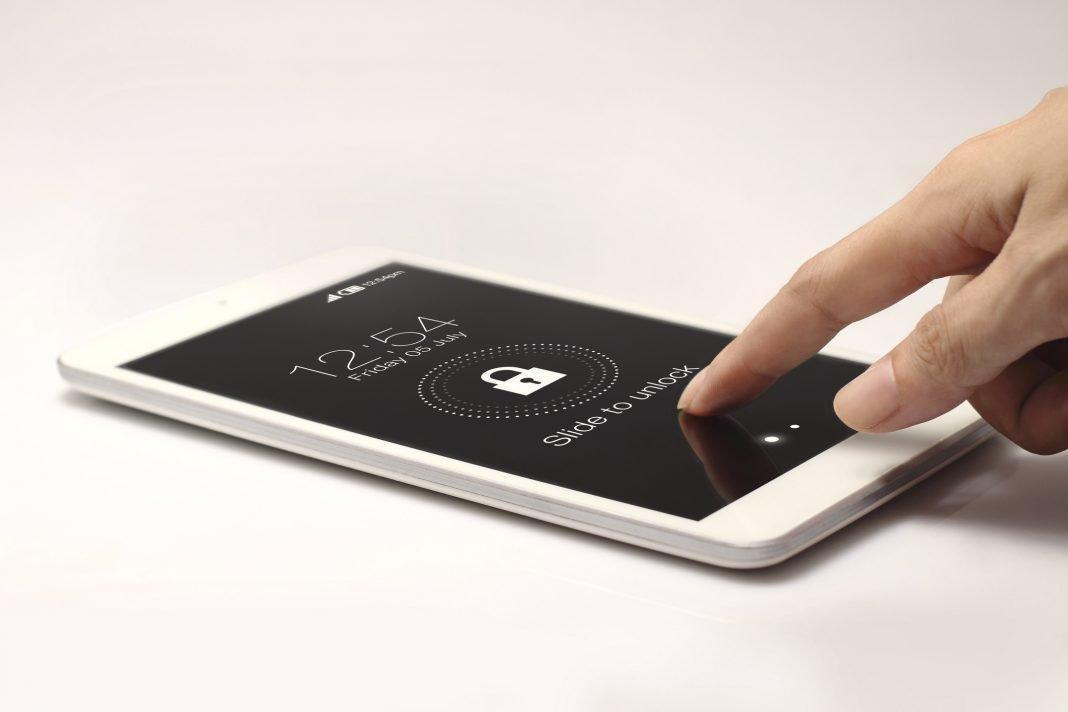Privacy by design can refer to a lot of things, but generally it’s the idea that a product or service bakes privacy into every aspect of development instead of tacking on privacy features after the latest whizbang has been created.
This approach to cyber in its most ideal incarnation allows low- or no-information transactions between users/clients and service providers, websites, apps and the like.
The “design” part is focused on engineering—specifically, making things work (authentication, login) with as little sensitive personal information possible. The principles of privacy by design are simple. Think ahead. Be proactive, rather than reactive; always consider privacy as the starting point: the default setting on sites, the main concern when collecting and storing data. Basically, consumers come first.
Many in the cybersecurity community have argued that privacy by design is just as much a “cause” marketing opportunity—that consumers will choose products and services they believe best protect their data, or that require no data at all, over goods and services that abuse the data they require.
Facebook, of course, gives the lie to this theory with its 2.19 billion users. But another tech giant just made a decision that fits this last definition. Apple quietly announced last week that they are forbidding the practice among app developers of building databases with consumer contact information, and they can’t sell third parties any of the data they do get permission to use. The app must be clear about how information harvested will be used as well.
The result? Apple’s share price increased modestly. Read more here.










